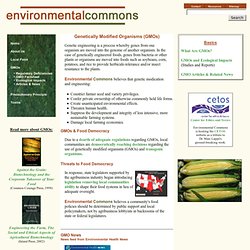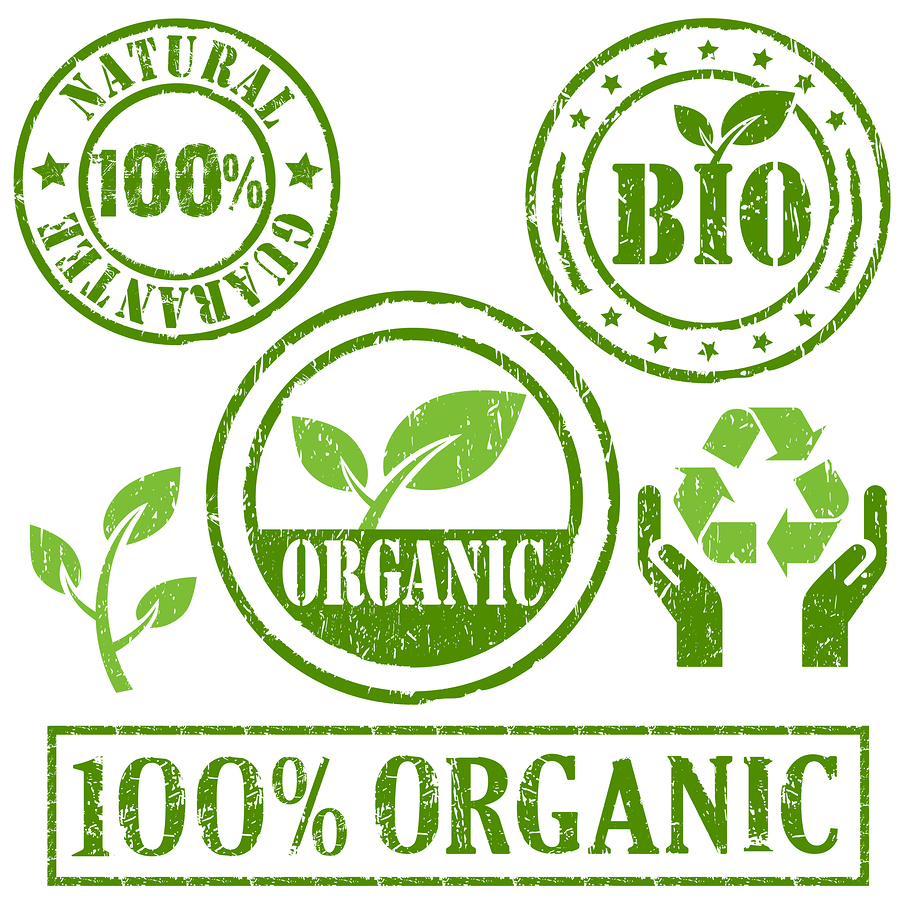At this moment, I feel as though I have spent too much of this week focusing mainly on very texty pieces of work. Therefore, today I am going to accentuate on something more visual: an infographic.
In "GMO?," the questions and consequences regarding GMOs are accentuated through visual interpretations. According to the article, "Genetic modification may include the ADDITION OF DNA from species that would NOT BREED in nature." After reading this statement, I find this horribly disgraceful and somewhat shameful. Another statement which is exemplified in this infographic is: "GMO varieties of corn and potatoes are engineered to PRODUCE THEIR OWN PESTICIDES." Personally, I find the fact that those words that are bolded are done so quite appropriately. It is in fact quite disorientating to think that plants have been manipulated in such as way that they produce poison. Overall, this inforgraphic emphasizes on the grotesque features of GMOs; thus, giving me another reason to avoid them as much as possible.



